 The Boy Travelers - Africa
Boy Travelers-Africa
The Boy Travelers - Africa
Boy Travelers-Africa

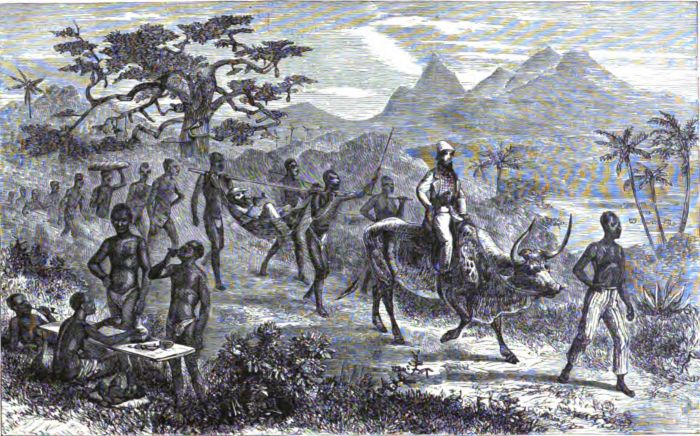
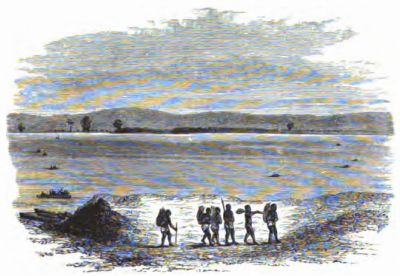
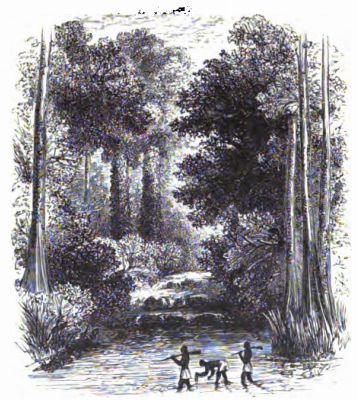
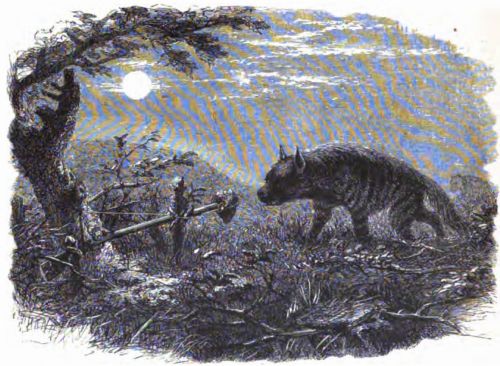
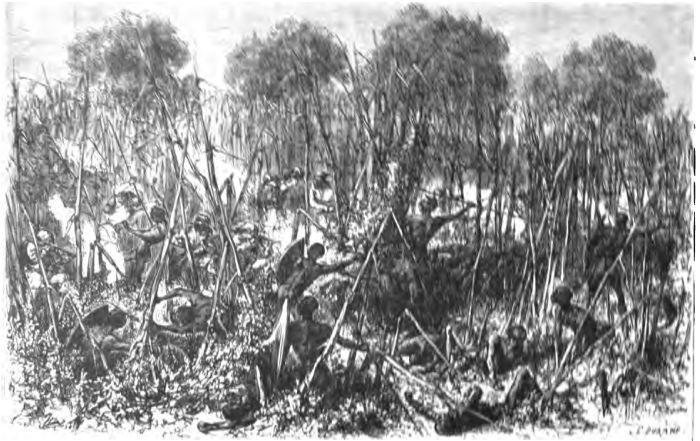
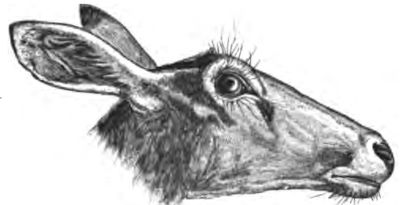
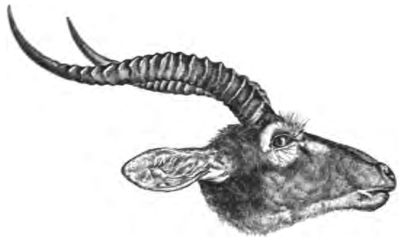
 The Boy Travelers - Africa
Boy Travelers-Africa
The Boy Travelers - Africa
Boy Travelers-Africa

Study the chapter for one week.
Over the week:
Activity 1: Narrate the Chapter
Activity 2: Study the Chapter Pictures
Activity 3: Observe the Modern Equivalent
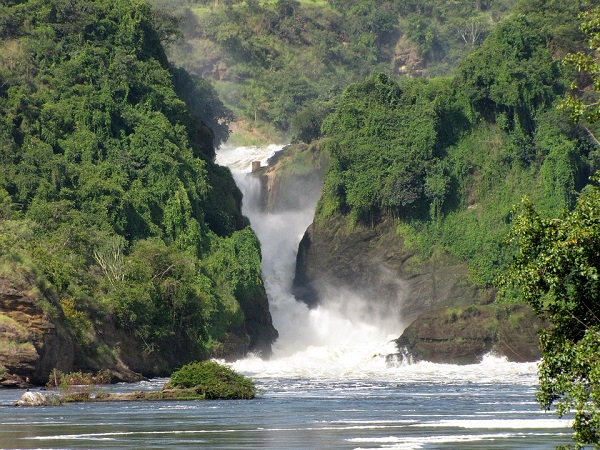
Activity 4: Map the Chapter
Find the following on map of the world:

Activity 5: Map the Chapter on a Globe